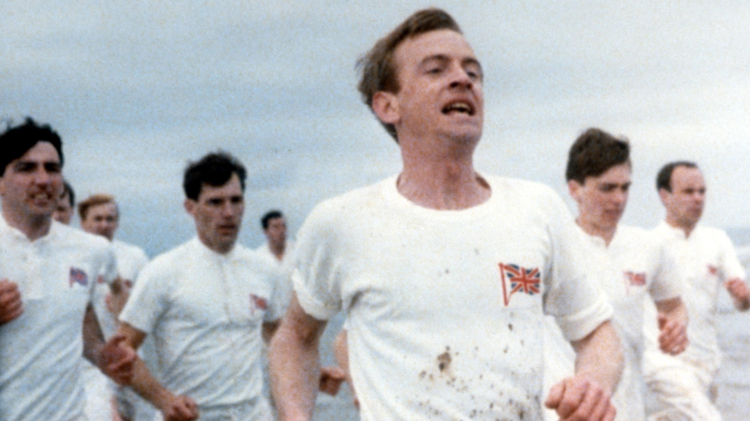
Chariots of Fire
classified PGpart of Filmic 2016: A History of Electronic Music in Film in Four Parts
Please note: This was screened in April 2016
Part of Filmic 2016
There are cases in which a film can stand on its own without music. But if music is used, it's better for it to touch the soul and create emotions that the rest of the film cannot do. Music should continue emotions where words finish. – Vangelis
In what was to be his first major film score Greek composer Vangelis authored one of the most instantly recognisable pieces of electronic music in cinema history, perfectly capturing the tone and nostalgia for a time when two young and gifted British athletes - Harold Abrahams and Eric Liddell- attempted to run fast enough to win medals at 1924 Paris Olympics.
Athlete Eric Liddell (Ian Charleson), a serious Christian, believes that he has to succeed as a testament to his undying religious faith. Harold Abrahams (Ben Cross), is a Jewish Englishman who wants desperately to be accepted and prove to the world that Jews are not inferior. As we cross-cut between each man's life as they devoutly train to participate in the 1924 Olympics, we witness how both men are fueled by very different desires but have the shared belief that victory is attained through devotion, commitment, integrity and that sacrifice is the most admirable feat that one can achieve.
For what is essentially a period film Vangelis didn't want to do period music. His bold electronic score, at once contemporary whilst still compatible with the period setting, initiated a new style in film scoring. It’s total immersion in capturing the exhilaration of running as a celebration of the spirit has since passed into folklore - ingrained into a nation’s psyche. Chances are, if you’re going to run to the cinema to catch this landmark of British cinema, some small part of your brain is either encouraging (or taunting!) you to the tune of this totemic piece of electronic composition.
Part of Filmic 2016.